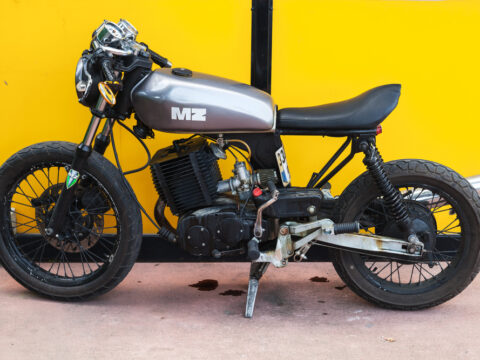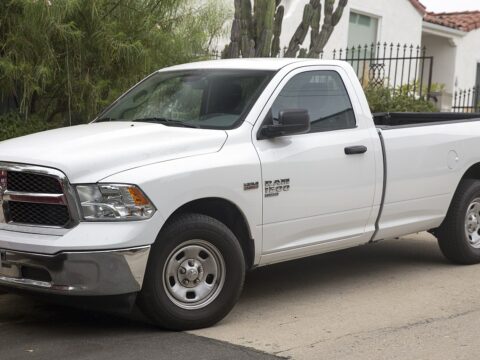High-performance motorcycles rely on efficient cooling systems to keep their engines running smoothly during intense rides. However, even the best systems can face problems that lead to overheating or engine damage. Understanding the most common cooling system issues can help you maintain your bike’s performance and avoid costly repairs. Here are 15 issues every rider should be aware of to keep their motorcycle in top condition.
Contents
Coolant Leaks
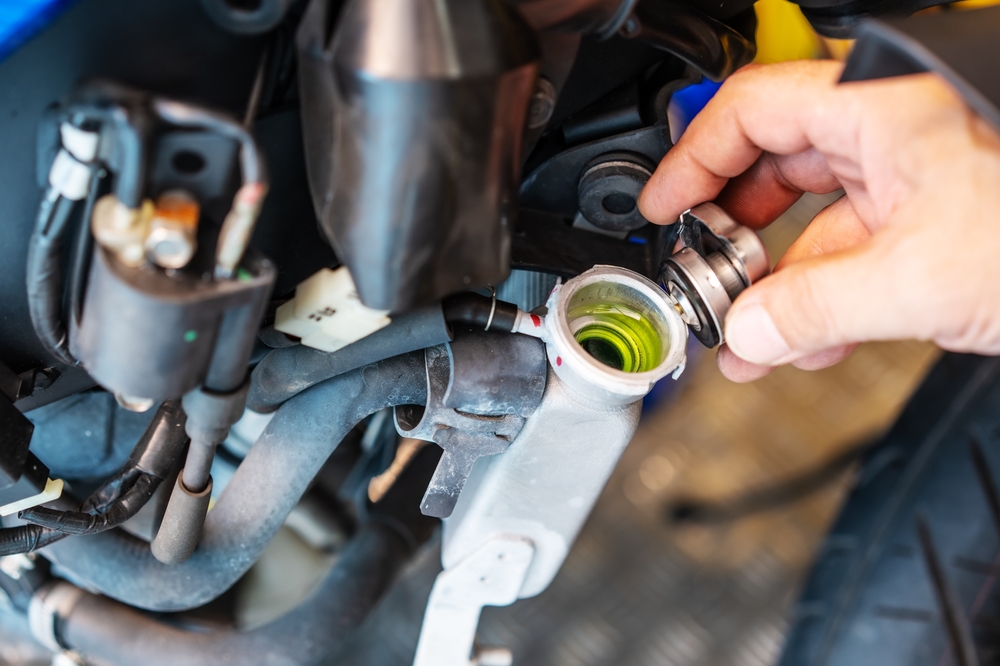
Coolant leaks are a major issue in performance-oriented motorcycles, as they reduce the amount of coolant available to regulate engine temperature. Leaks can occur at various points, including hoses, seals, or the radiator itself. Even small leaks can lead to overheating, especially when the engine is pushed hard during high-speed rides. Detecting and fixing these leaks early can prevent costly engine damage and ensure optimal cooling system performance.
Radiator Blockage
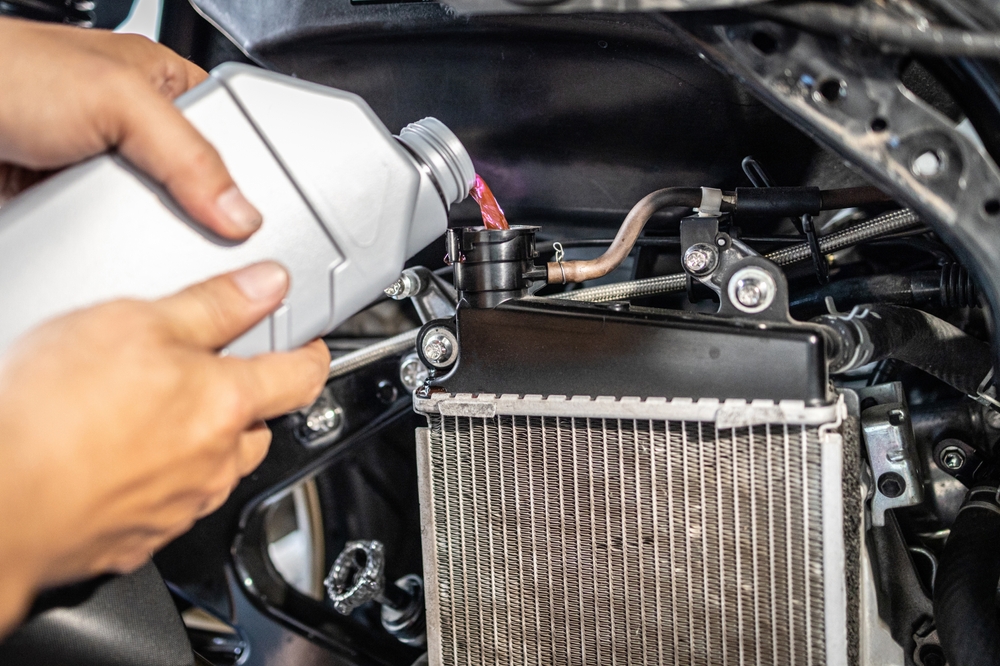
Radiators play a crucial role in dissipating heat, but when dirt, debris, or grime clogs the fins or core, the system’s efficiency drops significantly. Blocked radiators restrict airflow, which is critical for cooling the coolant inside. For performance bikes that operate at high temperatures, a blocked radiator can lead to rapid overheating, making regular cleaning and inspection necessary to maintain peak performance.
Faulty Water Pump
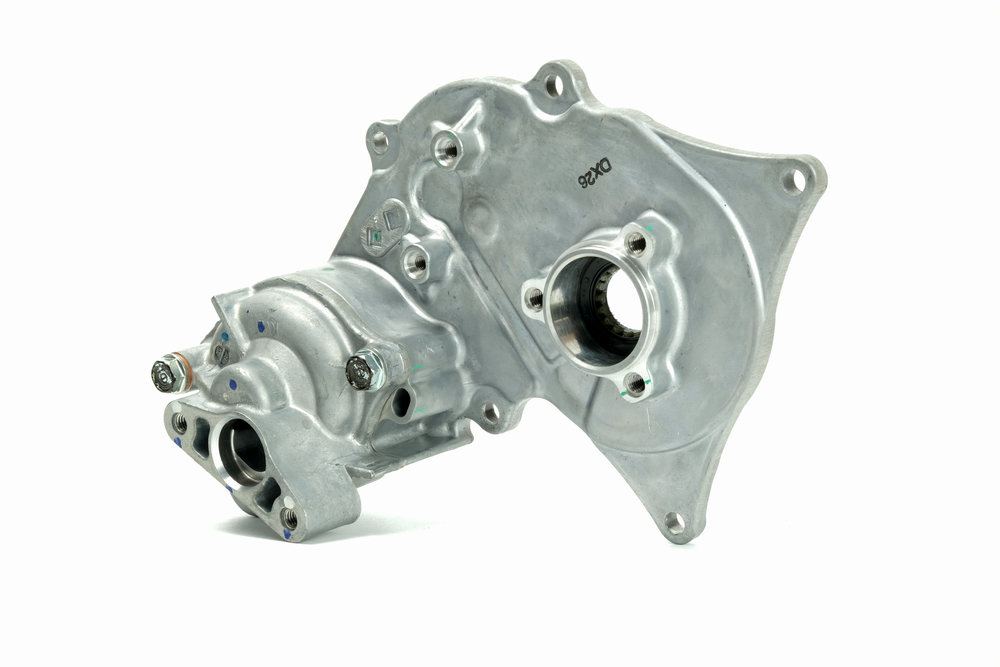
The water pump is responsible for circulating coolant throughout the engine. A malfunctioning water pump reduces coolant flow, which leads to uneven temperature distribution and overheating. In high-performance motorcycles, this issue can escalate quickly due to the intense heat generated by the engine, making water pump maintenance critical for avoiding engine failure.
Thermostat Malfunction
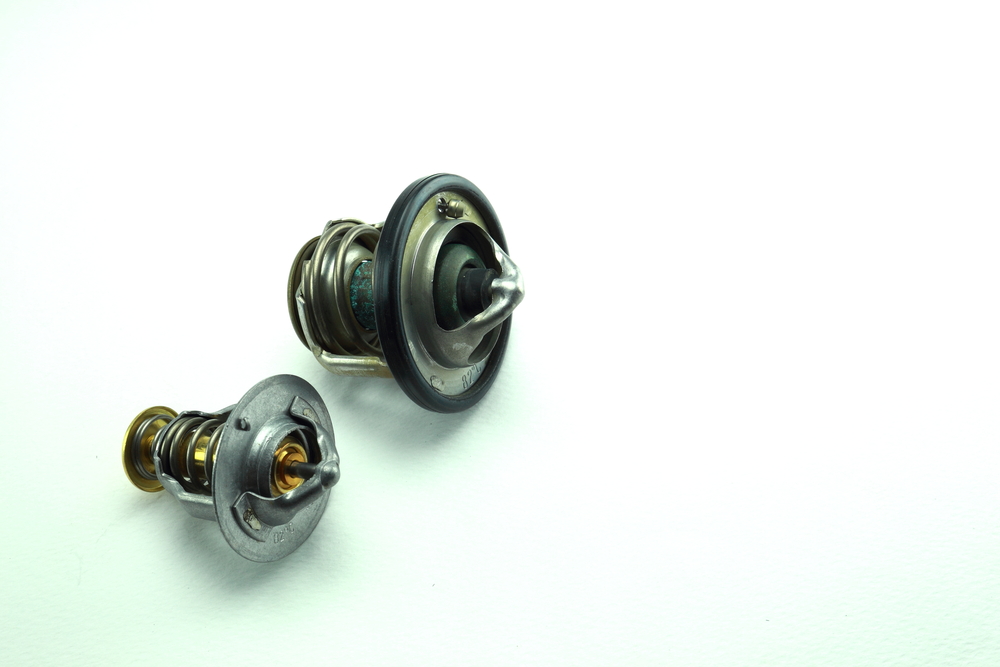
A faulty thermostat can either stick closed, preventing coolant from circulating into the engine, or stick open, causing the engine to run too cool. Both scenarios affect engine efficiency and longevity, especially in performance motorcycles where precise temperature regulation is essential. Replacing a malfunctioning thermostat is key to ensuring that the engine runs at optimal temperatures during demanding rides.
Air Pockets in the Cooling System
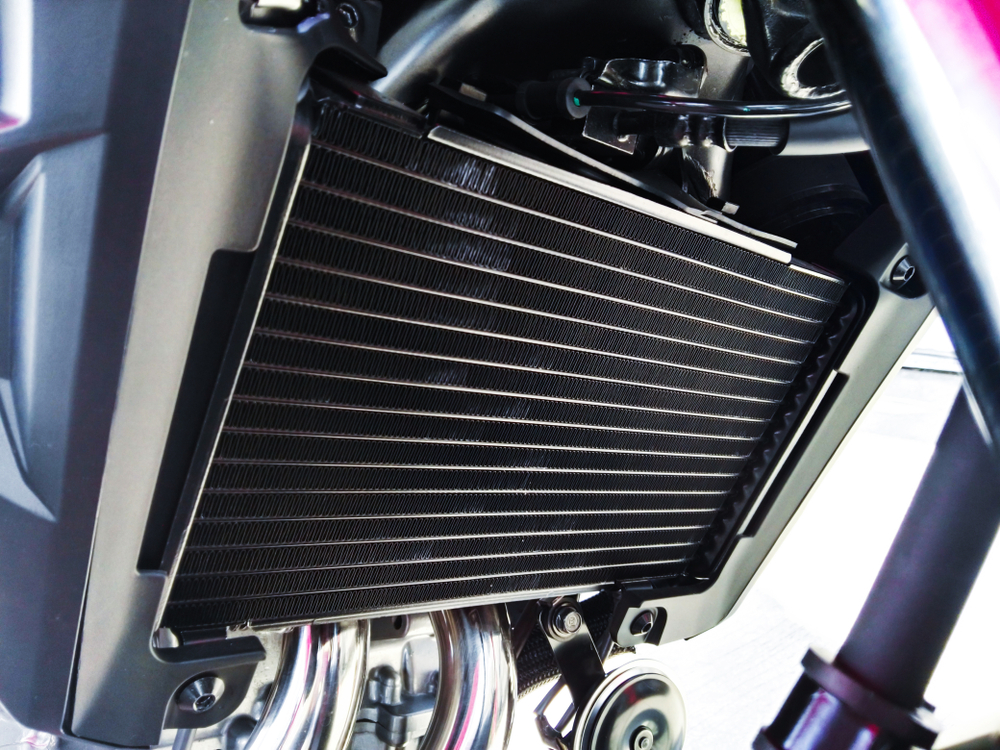
Air pockets can form in the cooling system during coolant changes or due to leaks, disrupting the coolant flow. When coolant circulation is inconsistent, hot spots can form in the engine, increasing the risk of overheating. High-performance motorcycles are particularly sensitive to these temperature fluctuations, so properly bleeding the cooling system to remove air pockets is a crucial step in maintaining consistent cooling.
Worn or Cracked Hoses
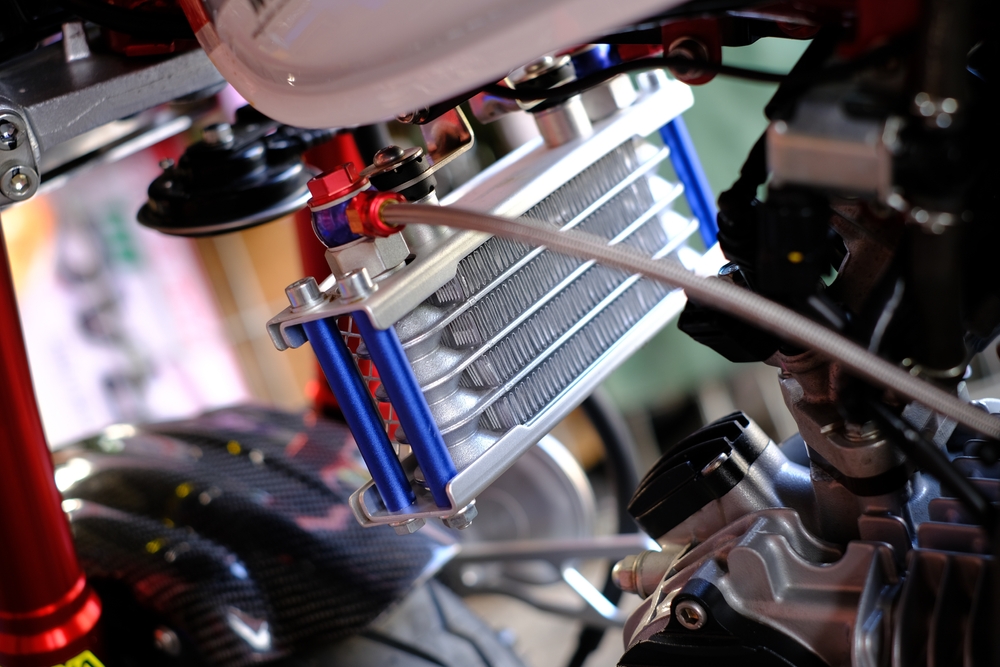
Hoses are responsible for carrying coolant between the various components of the cooling system. Over time, these hoses can crack or wear out, leading to coolant leaks. In high-performance motorcycles, even a small drop in coolant level can have significant consequences, as the engine runs hotter than standard bikes. Regularly inspecting and replacing hoses can prevent sudden failures during rides.
Corrosion in the Radiator
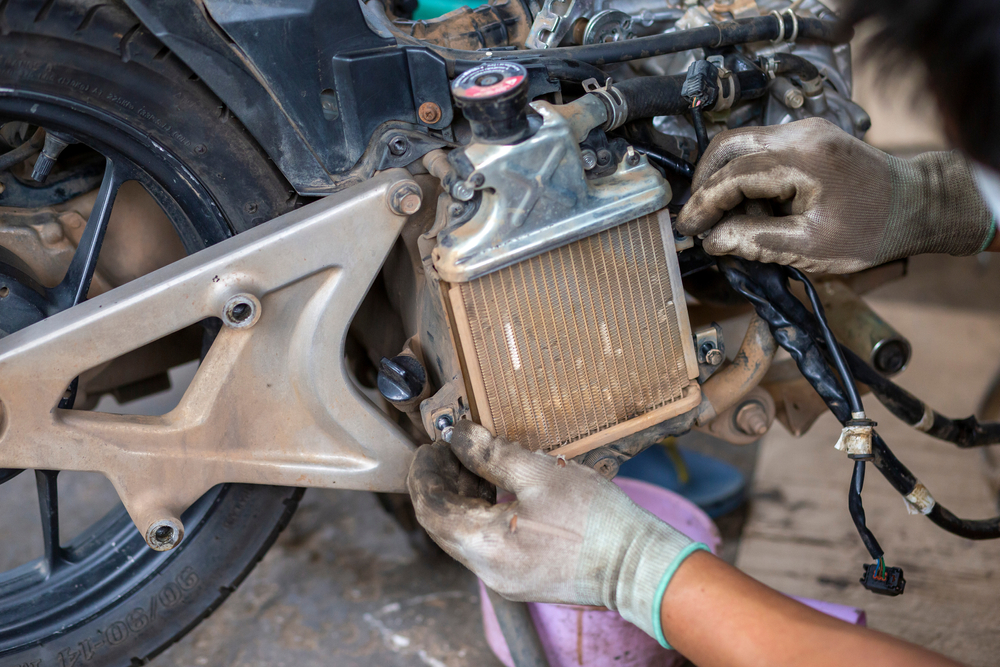
Corrosion is a common issue in radiators that haven’t been properly maintained. When corrosion builds up inside the radiator, it blocks coolant flow and reduces heat dissipation. Performance motorcycles generate more heat than typical bikes, so any reduction in cooling capacity due to corrosion can lead to overheating and engine damage. Regular coolant flushes can help prevent this issue.
Improper Coolant Mixture
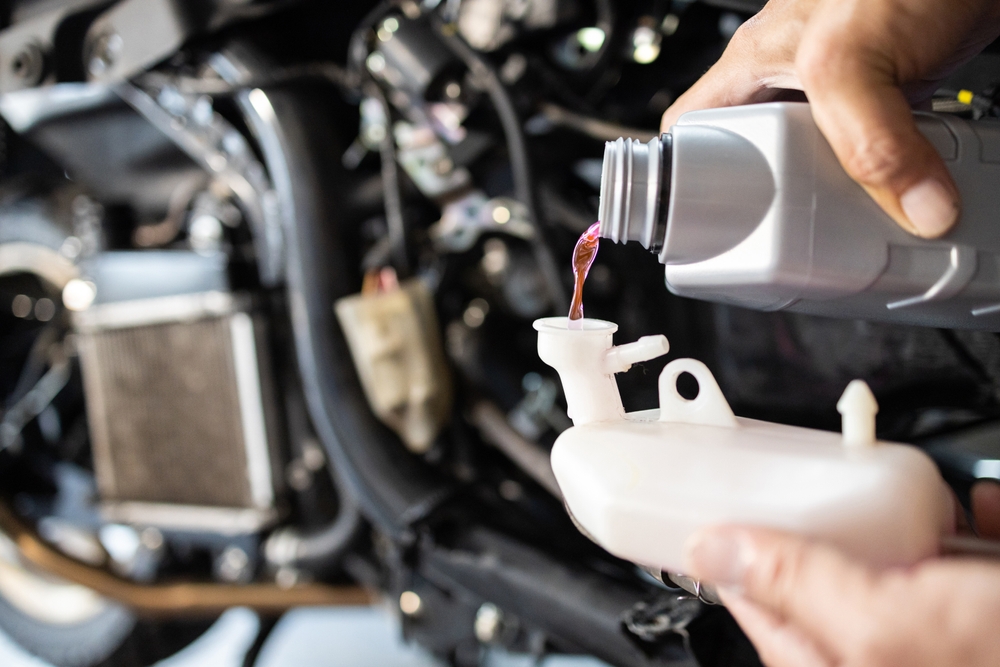
Using the wrong type or mixture of coolant can reduce the cooling system’s efficiency. Coolant that lacks the right balance of antifreeze and water can fail to properly transfer heat, leading to overheating. In high-performance motorcycles, using the correct coolant mixture is essential for ensuring the engine remains at a stable temperature during demanding rides.
Cooling Fan Failure
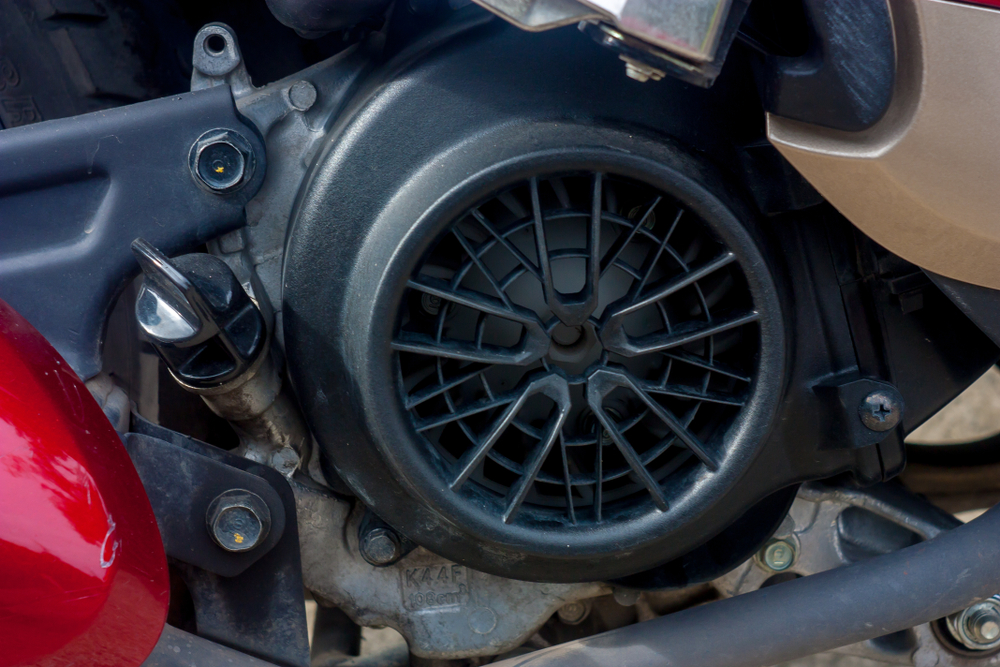
The cooling fan provides necessary airflow to the radiator when the motorcycle is idling or moving at low speeds. If the fan fails, the radiator won’t be able to dissipate heat effectively, causing the engine to overheat, especially in traffic. This issue is particularly troublesome for high-performance motorcycles, where even brief periods of overheating can cause significant engine damage.
Pressure Cap Issues
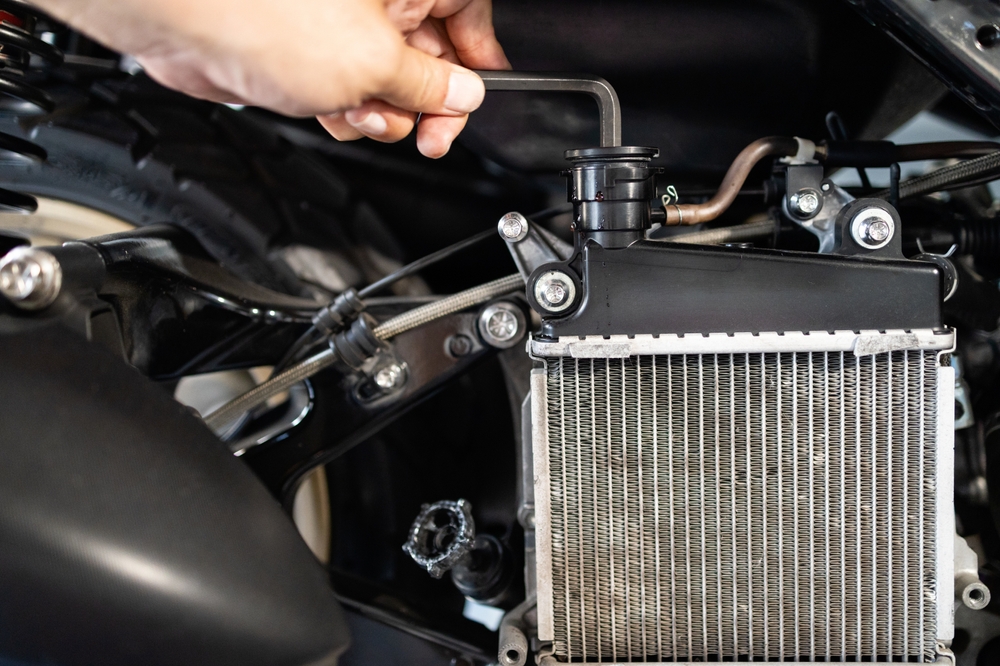
The radiator cap is designed to maintain the correct pressure within the cooling system. A faulty or damaged cap can cause pressure imbalances, leading to coolant boiling or escaping from the system. This not only reduces the amount of coolant available but also increases the likelihood of overheating, especially during high-performance riding where cooling demands are higher.
Cracked Radiator
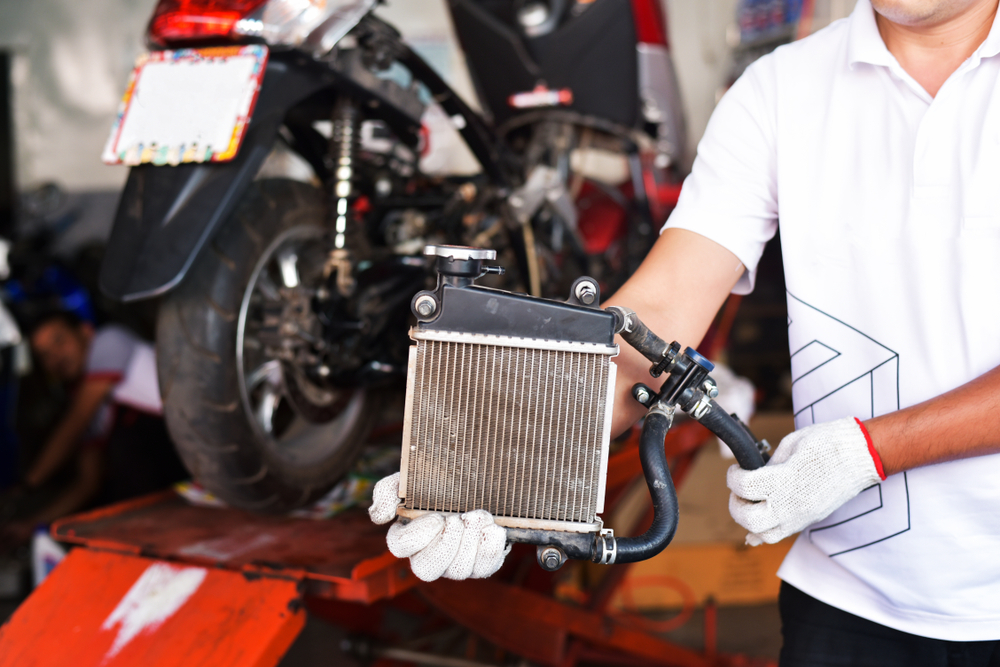
A cracked radiator is a serious issue that can lead to rapid coolant loss and overheating. High-performance motorcycles rely heavily on their cooling systems to manage the intense heat generated during operation, and a compromised radiator can quickly cause engine damage. Regular inspections for cracks and prompt replacements are necessary to keep the cooling system functioning properly.
Overfilled Coolant Reservoir
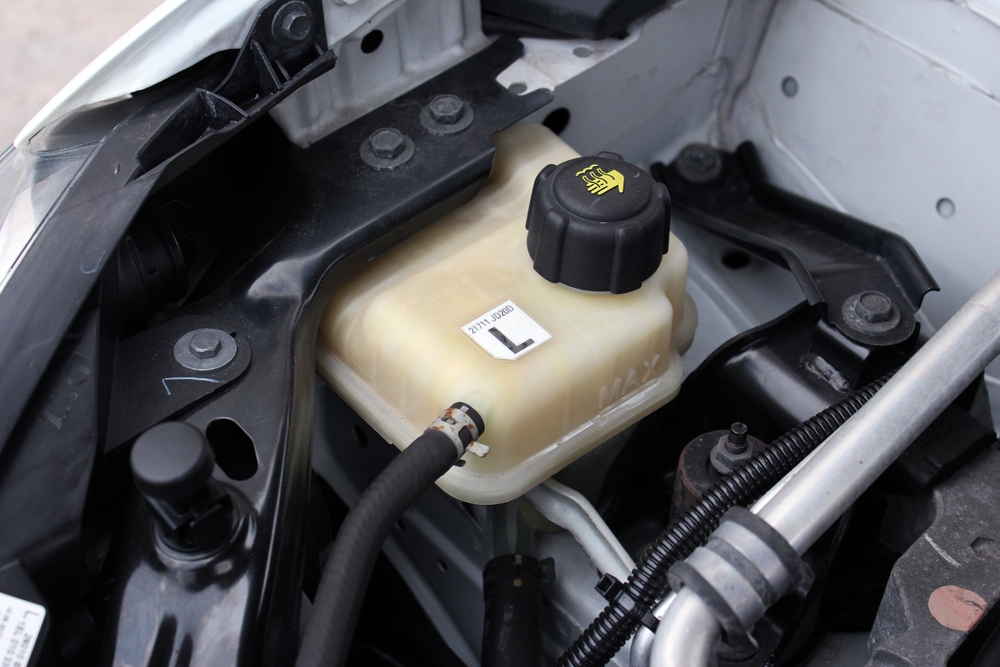
While it might seem beneficial to add extra coolant, overfilling the reservoir can cause pressure to build up, leading to leaks or damage to other components in the system. Performance motorcycles operate under high pressure and temperature conditions, so keeping the coolant at the recommended level is essential for maintaining system balance and preventing failure.
Thermal Expansion Tank Problems
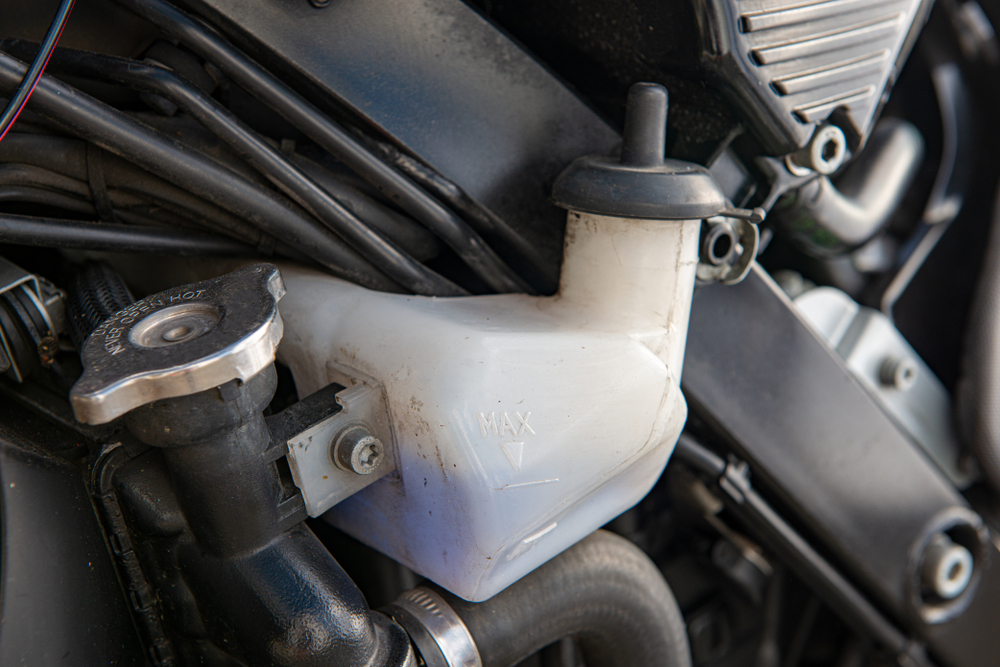
The expansion tank helps manage the pressure fluctuations in the cooling system. If the expansion tank fails to function properly, it can lead to pressure imbalances and coolant overflow, increasing the risk of overheating. In high-performance motorcycles, this can cause cooling system failures that affect engine performance and reliability.
Damaged Fan Switch
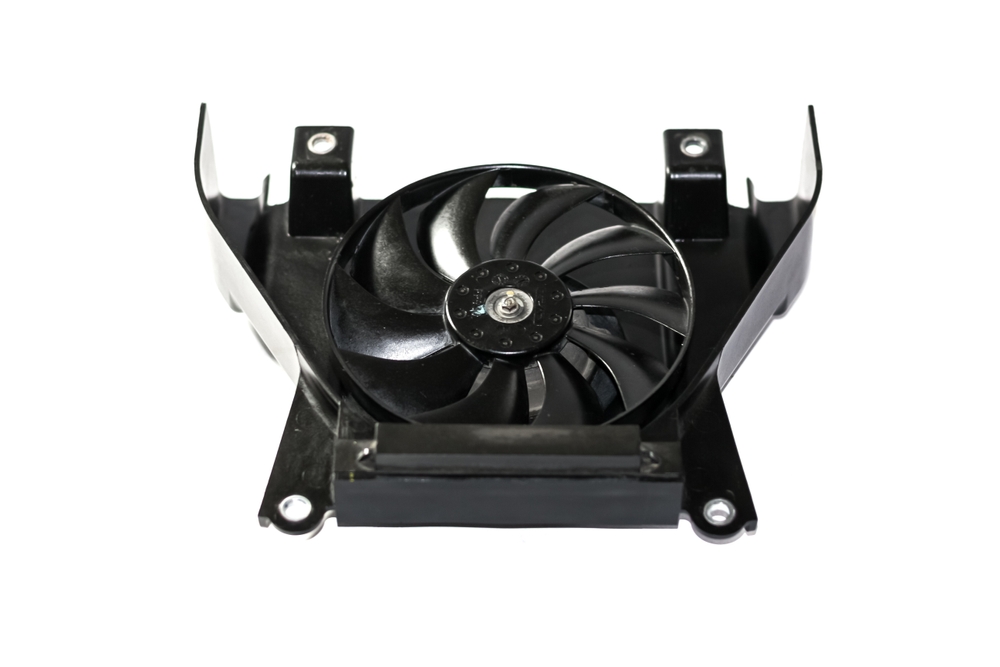
The fan switch controls when the cooling fan engages based on the engine temperature. If the switch malfunctions, the fan may not turn on when needed, causing the engine to overheat, particularly in stop-and-go situations. Regular testing and replacement of a faulty fan switch can prevent this issue from occurring during high-performance rides.
Low Coolant Levels
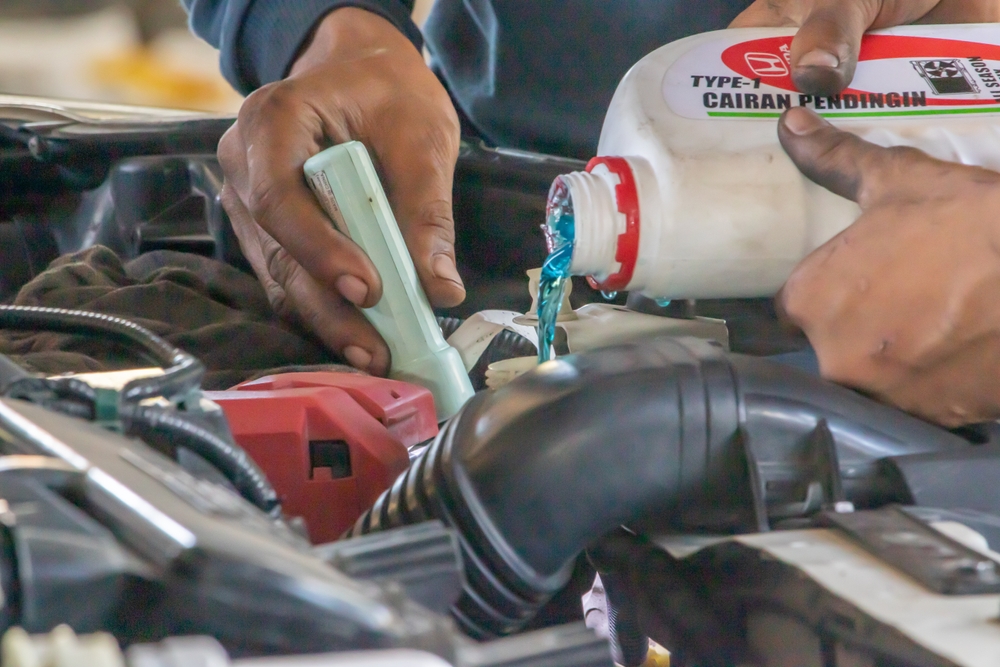
Insufficient coolant levels directly impact the system’s ability to dissipate heat, leading to rapid overheating. Performance motorcycles generate a lot of heat, so keeping coolant levels topped off is critical to maintaining safe operating temperatures and preventing engine damage.
This article originally appeared in MyCarMakesNoise.
More from MyCarMakesNoise
20 Family Cars That Combine Value and Affordability

Finding the right family car on a tight budget can be challenging, but there are practical and affordable options available. These cars offer reliability, space, and comfort without breaking the bank. Read More
17 Historic Tractors That Transformed Agricultural Practices

Tractors have been at the heart of farming for over a century, revolutionizing how we cultivate and harvest crops. Over the years, certain models have stood out for their innovation, durability, and impact on agricultural practices. Read More
18 Efficient Hatchbacks That Don’t Sacrifice Performance

Finding a hatchback that balances fuel efficiency with exciting performance can be a challenge, but many models deliver on both fronts. Whether you’re looking for something sporty, practical, or a bit of both, these hatchbacks offer impressive mileage without compromising on power or handling. Read More



